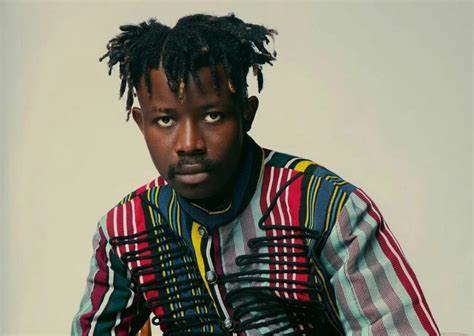Popular Nigerian music video director ThankGod Omori, widely known as TG Omori, alleged that his life had been put at risk after he shared his opinion on same-sex relationships over the weekend.
The cinematographer said he began receiving death threats after he publicly described homosexuality as “evil,” a comment that quickly stirred controversy across social media.
Read Also: Celibacy solved half of my problems – TG Omori
The filmmaker made the initial remark on X (formerly Twitter), where he wrote: “Having same gender sex is evil.” The statement drew sharp criticism from many users, including members of the LGBTQ+ community and human rights advocates, who accused him of promoting hate speech.
Shortly after the backlash, a lifestyle magazine published an article accusing Omori of deliberately using the controversy to boost sales of his signature sunglasses. This development, according to him, triggered a new wave of threats that he said had become dangerous.
In a post shared on X while quoting the magazine’s article, Omori accused the publication, Zikoko Magazine, of “gaslighting” a global audience and placing his life in danger.
“This is a media house trying to set me up and risk my life by gaslighting a global community they serve to blacklist me for speaking my truth in accordance to the laws of the federal republic of Nigeria,” he wrote.
He added that the threats intensified after the article went live. “Death threats and wishes have been sent to me day n night, threatening my safety n security as a citizen, since after this article was published by @Zikoko_Mag,” he said.
Omori claimed that the magazine’s coverage painted him as someone attempting to profit from a heated social issue. He said this portrayal had fuelled hostility from people who interpreted the article as an attack on their identity.
The director, known for shooting some of Nigeria’s most popular music videos and for influencing industry trends, said he felt the need to speak up because of the rising danger. He stressed that he made his earlier post based on his personal views and the country’s existing laws, not as a publicity stunt.
His remarks quickly spread across social media, prompting further debate. While some Nigerians supported his right to express his beliefs, others argued that his words encouraged discrimination in a climate where LGBTQ+ individuals already face hostility and legal challenges.
Zikoko Magazine had not released an official response at the time of reporting. However, the publication continued promoting the article on its platforms, leading to widespread reactions from readers who either condemned or defended the director.
The development added to the ongoing national conversation about same-sex relationships, freedom of speech, and the responsibilities of public figures on social media. Nigeria’s laws criminalise same-sex relationships, a point Omori referenced as part of his defence.
The director did not say whether he had reported the threats to law enforcement, but his post suggested rising anxiety about his personal security.
For now, the controversy remains active online, with many Nigerians debating whether the backlash stemmed from his comments alone or from the magazine’s decision to frame his statement around commercial motives.



